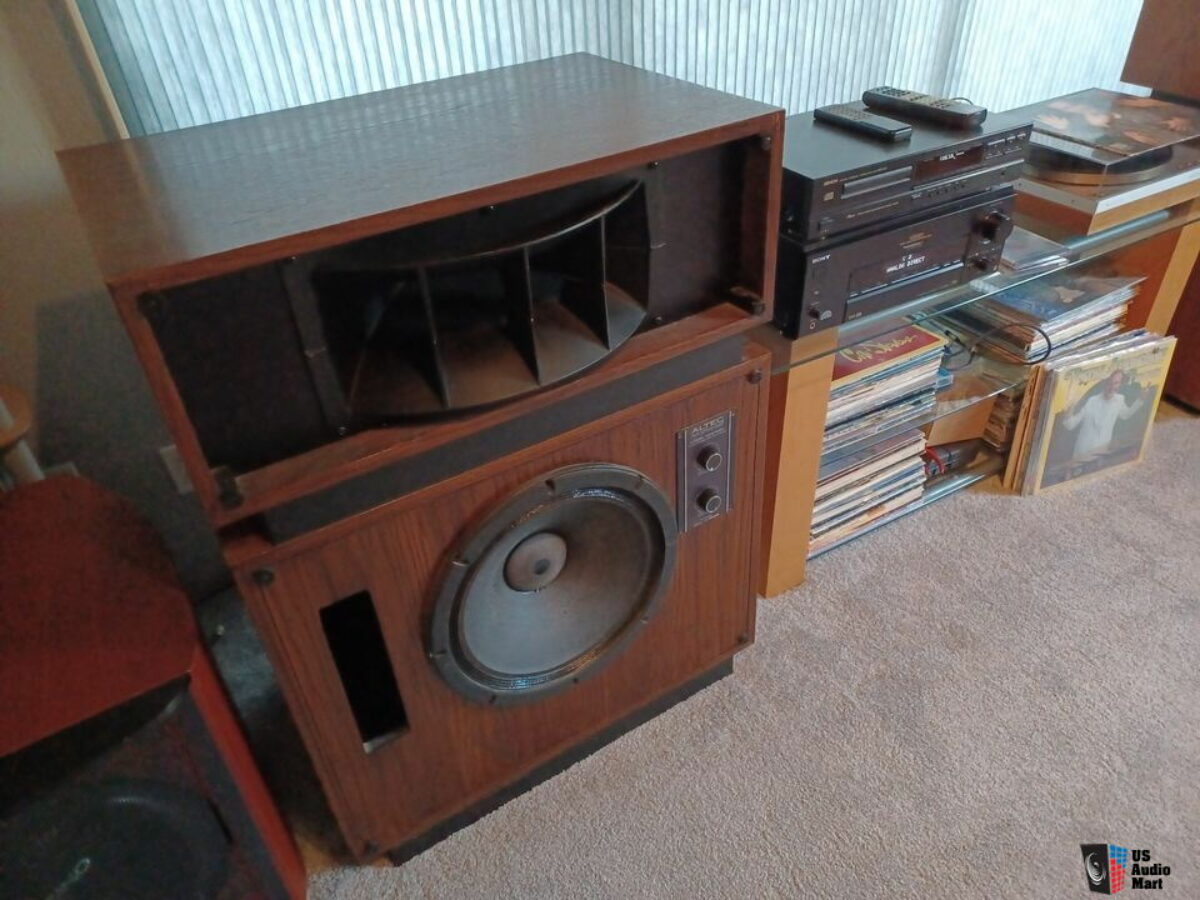THE LOUDEST GRIEF IN TOWN
In the spring of 1978, my little sister, Tami, was killed in a car accident in which she was the passenger. She was sixteen, a beautiful, outgoing teenager returning home from her first day of work at Dairy Queen. It appeared Tami was just beginning to form the outline of the woman she might become. One moment, she was here. The next, we were a different family. Not in name, but in everything that mattered.
Understandably, my parents unraveled. Not dramatically, not like you might picture from a movie. Their fragmentation was quieter, like a house settling unevenly after an earthquake; a shifting that would never be corrected and would follow them to their graves.
In those first few months, they coped the way many grieving parents do: they ran. Not quite fleeing, but drifting. Long drives with no destination. Sudden trips to see distant relatives and friends. They weren’t trying to escape her so much as escape the house where she wasn’t. They sold their summer home on the lake immediately. Tami had loved that place, and they couldn’t stand being there without her.
My father asked me to move back home during that time. I was in my early twenties, living alone in a modest apartment across town, working in the family business, and pretending I had a handle on adult life. I didn’t. I was single, while my other sister was married with a son. My mother and father had each other. My sister had her family. I had work and the taverns.
Dad didn’t say much about me moving back in, but I could hear the strain under his request. It wasn’t an emergency. There had been a burglary during the funeral, and he didn’t want the house empty again. Or maybe he just wanted someone to water the plants while they drifted across state lines in their grief.
So I moved back in.
It felt like stepping backward in time, reinhabiting a version of myself I thought I’d outgrown. I moved into Tami’s room, just beside my old one, though not before Dad had it remodeled. Still, the creak in the fourth stair remained, and the bedroom window still refused to open. It all came back, except, of course, Tami.
I had done what most twenty-somethings might do after moving away from home just months prior with no clear plan: I bought an enormous stereo system on a payment plan. It was powerful, over-the-top, and glorious. The speakers weighed 164 pounds each, an absurd feature I bragged about, not complained about. They took up nearly an entire wall of that small bedroom. I dared the house’s foundation to hold.
With the house to myself most days, as my parents always seemed to be somewhere else, I played music loud enough to threaten the integrity of the ceiling. Not angry music. Just loud, classic rock. Percussion-heavy, guitar-forward, window-rattling sound. It filled the silence in a way words couldn’t.
One Friday night, I was getting ready for a date. My parents were, as usual, off the grid. No note, no itinerary, just the assumption they were in motion somewhere. I showered downstairs and came back up in my skivvies, long hair dripping over everything.
I chose a favorite song, one I knew by heart, one that couldn’t be played loud enough. “Go Your Own Way” by Fleetwood Mac, written by lead guitarist Lindsey Buckingham during his breakup with vocalist Stevie Nicks. It wasn’t just a song. It was a ritual. I dropped the needle, cranked the volume, and let the room disappear.
What followed wasn’t performance so much as devotion. I sat on the edge of my bed, hair wet, air-drumming with a zeal that bordered on fanatical. My arms flung. My head thrashed. The beat pounded in my chest and thundered in my bones. I was alone in my rent-free sanctuary, invincible, and perhaps a little unhinged.
It should be noted this scene took place regularly, and at least four years before Tom Cruise would slide across his parents’ living room in Risky Business, dancing in his underwear to Bob Seger’s “Old Time Rock & Roll.” If anything, Tom owes me royalties.
As I sat there hammering the tom-toms, I don’t know how long I was at it. But I saw movement out of the corner of my eye, a flicker in the periphery, a tremor in the wall of noise.
I turned slowly.
My father was standing in the doorway.
He hadn’t knocked. Hadn’t called out. He just appeared, like a ghost, or maybe a witness. His mouth was slightly open. His face unreadable. Not quite horror, not quite confusion, but that unsettled middle space where the world isn’t what you thought it was a few seconds ago.
There I was: nearly naked, hair dripping, locked in a trance of thunderous air-drumming. And there he was: the man who’d buried a daughter just months ago, now confronted with the possibility that his son had lost his mind.
We stared at each other.
I froze. My hands hung midair, still clenching invisible drumsticks. The music wailed on behind me. My hair dripped down my back.
Then, without a word, he turned and walked away.
I sat for a long moment, the spell broken. I turned the volume down—not off, but low enough to pretend I was still in control of something. I got dressed. I tried to breathe normally. I tried not to laugh.
I failed.
What do you do after something like that? Apologize? Explain? Offer a hug and say, “Sorry, Dad, I was exorcising the demon of unresolved trauma with a six-minute drum solo”?
We never spoke of it. Not then, nor for the next thirty-eight years of his life. I’m not even sure he ever mentioned it to my mother.
The next morning, he passed me in the kitchen as I had my head crammed in the refrigerator. No mention of the night before. Just a nod. That was his version of a full-page monologue. And honestly, I understood. Some things are easier unspoken. Some moments are too raw to revisit, even when they’re absurd.
Looking back all these decades later, I don’t think he was angry. I think he might have been scared. Not of me, exactly, but of what that moment represented. Was it the realization of a generational gulf? Or of how we each dealt with grief in ways that looked like madness from the outside? He and my mother took to the highways, drifting in a miasma of silence and sadness. I stayed in that room and filled it with sound loud enough to shake the ghosts from the ceiling.
I know now that we were all doing what we could to survive.
I’ve often wondered, in the spaces of 20/20 hindsight, how much that loss altered the rest of my life. Not just emotionally, but practically, perhaps even romantically. Tami had lots of friends, girls her age, who thought I was pretty cool back then. I never thought of them that way; they were five years younger, still kids in my mind. But when I eventually got married, my wife was six years younger than me. I’ve sometimes asked myself – Would I have even considered dating someone her age if Tami had lived? I’ll never know. But grief changes the gravity of everything around it. It rearranges your orbit.
Strangely, that night was the closest I felt to my father in months. Not because we connected. Not because we healed. But because, for a few seconds, he saw me. He saw my flailing limbs, my ridiculous soundtrack, my long hair, my desperate attempt to feel anything other than the ache of loss and loneliness.
And maybe, just maybe, he saw his own chaos, just shaped differently.
It’s easy to mock that night now. To reduce it to a funny family anecdote or a scene from some lost coming-of-age film. But beneath the absurdity was something real. Something raw. Something honest.
I don’t think I realized that until I wrote this story.
Grief doesn’t always wear black or speak in whispers. Sometimes it screams through speakers and flails its arms in a bedroom lit only by the glow of a stereo dial and the setting sun. Sometimes it looks like madness. But as I look back on it now, it might have been the most human kind of survival.
I stayed in the house a while longer. Eventually, my parents came home more regularly. We worked during the day in the family business, but rarely saw each other outside of it. We settled into something that looked like a rhythm. Not quite normal. But livable.
And my stereo? It stayed. It outlasted that version of me, followed me to another house after I got married, and was eventually sold when our babies came.
This all reminds me of a line from that Peter, Paul and Mary song, Puff the Magic Dragon:
A dragon lives forever, but not so little boys…



